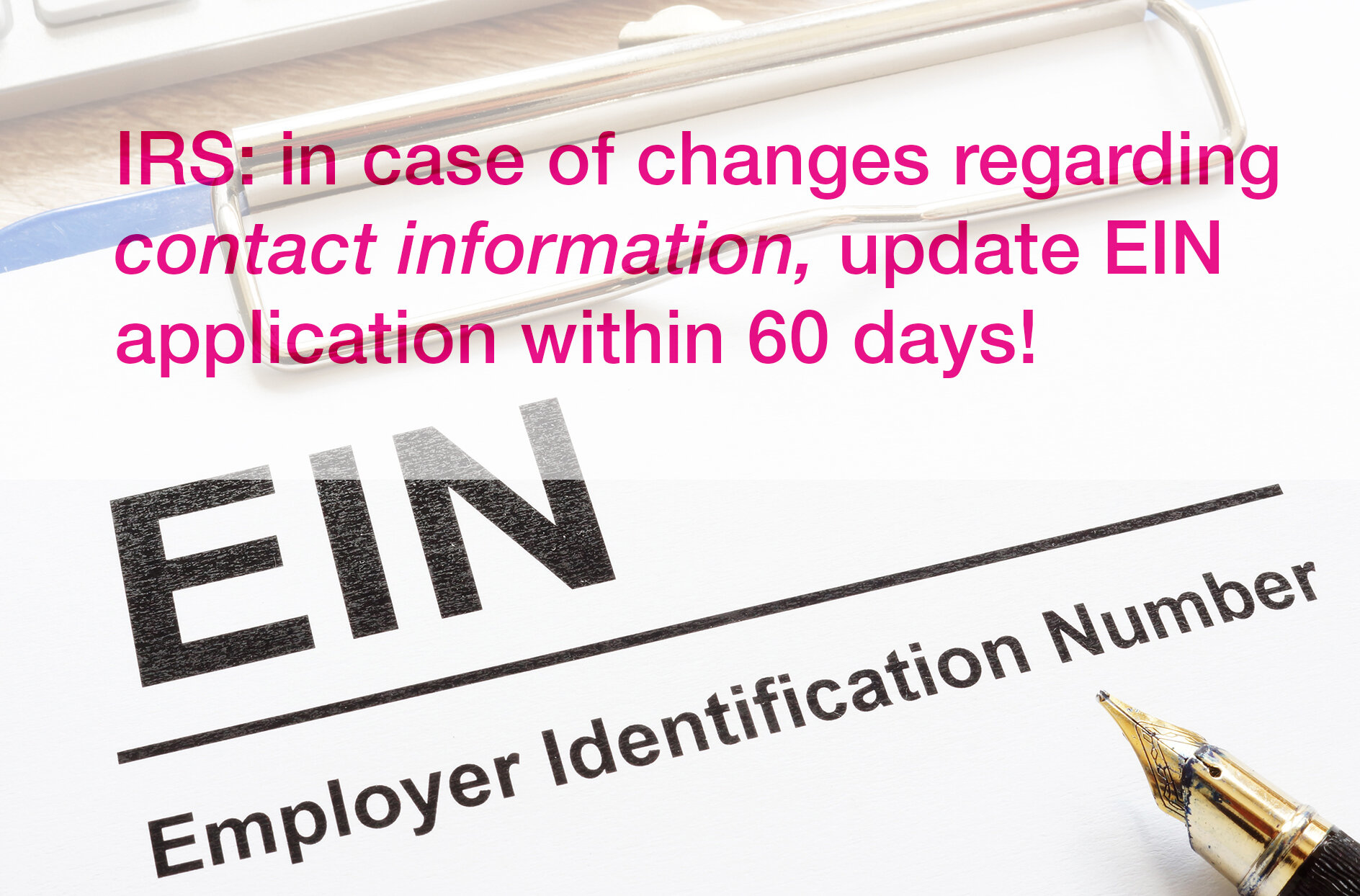Identity Theft Related to Unemployment
Unemployment compensation fraud was one of the more common identity theft schemes that emerged in 2020 as criminals exploited the COVID-19 pandemic and the resulting economic impact.
The U.S. Department of Labor's Inspector General estimated approximately $89 billion in unemployment compensation was lost in 2020 due to fraud.
Businesses, charities, others with Employer Identification Numbers must update responsible party information within 60 days of any change
Internal Revenue Service urges those entities with Employer Identification Numbers (EINs) to update their applications if there has been a change in the responsible party or contact information.
All taxpayers now eligible for Identity Protection PINs
All Tax Payers are now eligible to voluntarily get an Identity Protection PIN that will help protect you from tax-related identity theft. The IP PIN is a 6-digit number assigned to eligible taxpayers. It helps prevent identity thieves from filing fraudulent tax returns with stolen Social Security numbers (SSNs). An IP PIN helps the IRS verify taxpayers’ identities and accept their electronic or paper tax returns for processing.
A friendly reminder: How to protect your private tax data
You should protect your personal and financial data from criminals. Thieves use your data to file bogus tax returns and commit crimes while impersonating you.
IRS offers guidance to taxpayers on identity theft involving unemployment benefits
Scammers also took advantage of the pandemic by filing fraudulent claims for unemployment compensation using stolen personal information of individuals who had not filed claims.
Taxpayers who receive an incorrect Form 1099-G for unemployment benefits they did not receive should contact the issuing state agency to request a revised Form 1099-G showing they did not receive these benefits.





